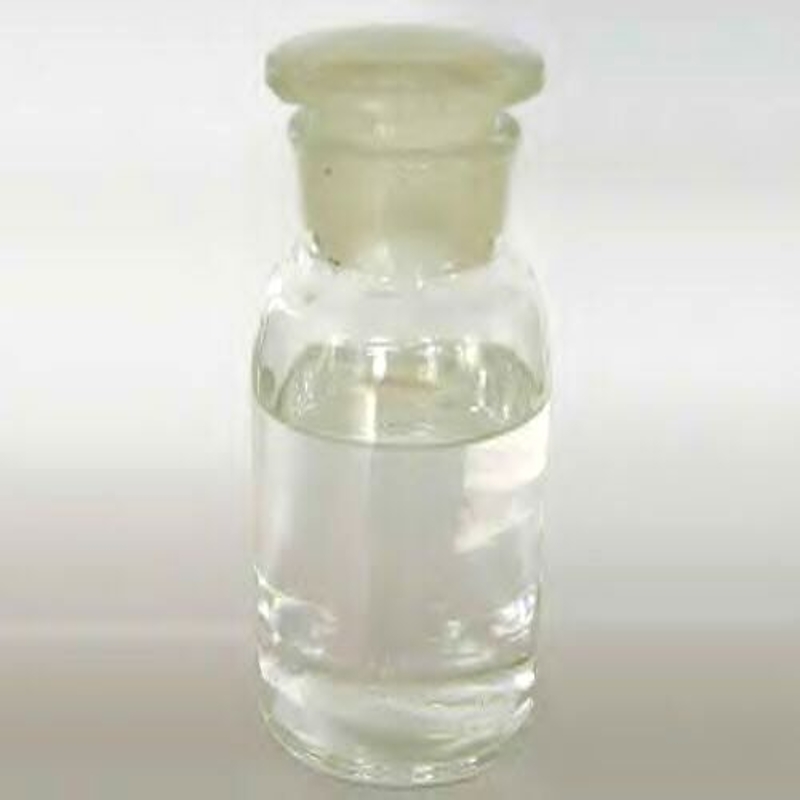-
Categories
-
Pharmaceutical Intermediates
-
Active Pharmaceutical Ingredients
-
Food Additives
- Industrial Coatings
- Agrochemicals
- Dyes and Pigments
- Surfactant
- Flavors and Fragrances
- Chemical Reagents
- Catalyst and Auxiliary
- Natural Products
- Inorganic Chemistry
-
Organic Chemistry
-
Biochemical Engineering
- Analytical Chemistry
-
Cosmetic Ingredient
- Water Treatment Chemical
-
Pharmaceutical Intermediates
Promotion
ECHEMI Mall
Wholesale
Weekly Price
Exhibition
News
-
Trade Service
Researchers at Ford Motor and Purdue University are developing a new cable for fast-charging stations
.
The cable can be combined with existing EV charging technology, allowing users to easily achieve fast charging
.
Ford Motor and Purdue University researchers are developing high-speed, high-voltage charging cables
"Electric vehicles are limited in terms of charging speed due to the danger of overheating
.
Fast charging requires more current to flow through the charging cable
," said Michael Degner, Ford's senior technology leader for research and advanced engineering
.
Use liquid as active coolant
Use liquid as active coolantNow, researchers at Purdue University are designing a charging cable that can deliver higher currents to replace existing cooling methods
.
The cable uses a liquid as an active coolant, which extracts more heat from the cable by changing its shape from liquid to vapor - a departure from current liquid cooling technology
.
The research team said that if the car charging technology is improved and optimized at the same time, this innovation can one day help electric vehicles to achieve faster charging, and eventually the charging station can charge electric vehicles as quickly as traditional gas stations
.
"The charging time of electric vehicles varies widely, from 20 minutes at a charging station to hours at a home charging station, which affects people's desire to buy an electric vehicle to some extent," said the Purdue University researchers.
"Our experiment The chamber has come up with a solution for cooling the excess heat generated by fast charging
.
"
Prototype testing in the next 2 years
Prototype testing in the next 2 yearsHe said testing of prototype charging cables will begin within the next two years to determine specific charging speeds for certain EV models
.
According to reports, it will take time for this fast-charging cable to actually hit the market, but for the past 37 years, Purdue's research team has been developing ways to more efficiently cool electronic devices by exploiting how liquids trap heat as they boil into steam
.







